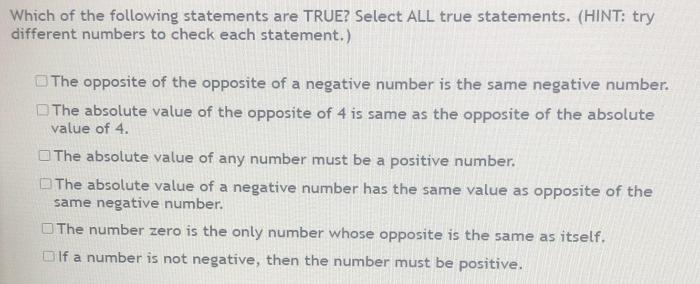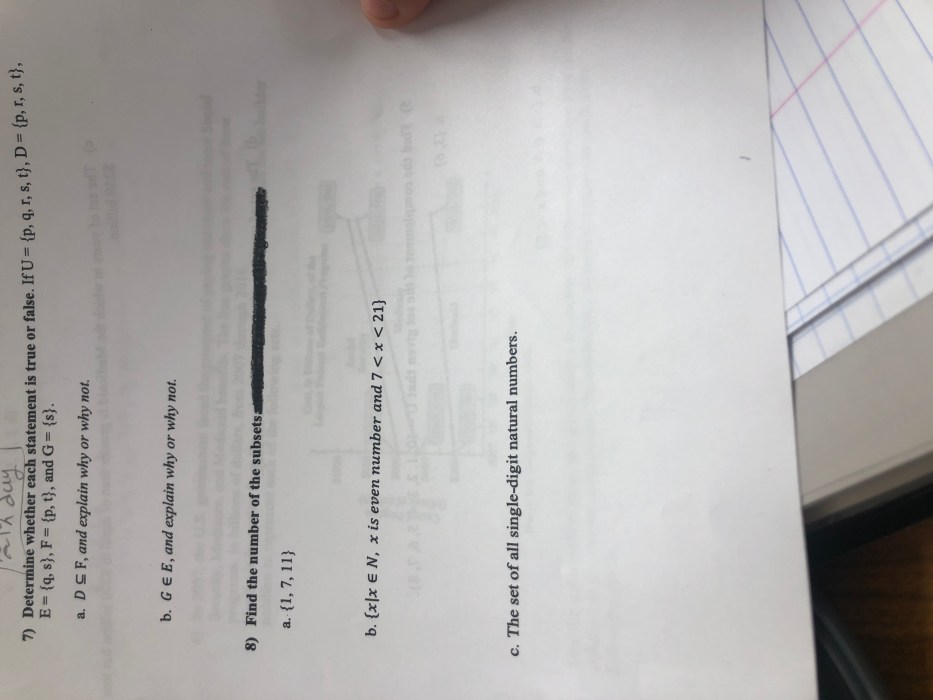Which of the following statements about the census is false – The census is a vital tool for understanding the population of a country or region. It provides valuable data that is used for a variety of purposes, including planning for public services, allocating resources, and conducting research. However, there are some common misconceptions about the census that can lead to its importance being underestimated or its results being misinterpreted.
In this article, we will identify one false statement about the census and explain why it is incorrect.
The census is conducted every ten years in the United States. It is a massive undertaking that involves collecting data from every household in the country. The data collected includes information on age, sex, race, ethnicity, income, and housing. This information is used to create a detailed picture of the population, which can be used to make informed decisions about public policy.
1. False Statement Identification

False statement:The census is conducted every 10 years in all countries.
Explanation:The frequency of census varies depending on the country and its resources. Some countries conduct a census every 5 years, while others do it less frequently.
2. Census Purpose and Methodology
Primary purpose:The primary purpose of conducting a census is to collect comprehensive and accurate data about a population’s size, distribution, and characteristics.
Methods:Censuses can be conducted using various methods, including door-to-door surveys, mail-in questionnaires, and online forms.
Key characteristics:Censuses typically collect data on demographic characteristics such as age, sex, race, ethnicity, education, income, and household composition.
3. Census Frequency and Scope: Which Of The Following Statements About The Census Is False

Frequency:The frequency of censuses varies depending on the country and its resources. Common intervals include every 5 or 10 years.
Geographical scope:Censuses can cover a wide range of geographical areas, from national to local levels.
Scope variation:The scope of a census can vary depending on its purpose and the resources available. For example, some censuses may focus on specific population groups or geographical areas.
4. Data Usage and Importance

Purposes:Census data is used for various purposes, including:
- Planning for social and economic programs
- Allocating resources and funding
- Research and analysis
- Monitoring population trends
Importance:Census data is crucial for decision-making and planning at various levels, including government, businesses, and non-profit organizations.
Sectors:Various sectors rely on census information, such as:
- Healthcare
- Education
- Housing
- Transportation
5. Privacy and Confidentiality

Privacy measures:Strict measures are taken to protect the privacy of individuals participating in a census. Data is collected anonymously and kept confidential.
Legal considerations:Census data collection and usage are governed by legal and ethical considerations to ensure the privacy of individuals.
Importance of confidentiality:Ensuring confidentiality is crucial to maintain trust in the census process and encourage accurate participation.
FAQ Insights
What is the purpose of the census?
The census is conducted to collect data on the population of a country or region. This data is used for a variety of purposes, including planning for public services, allocating resources, and conducting research.
How often is the census conducted?
In the United States, the census is conducted every ten years.
What information is collected in the census?
The census collects information on age, sex, race, ethnicity, income, and housing.